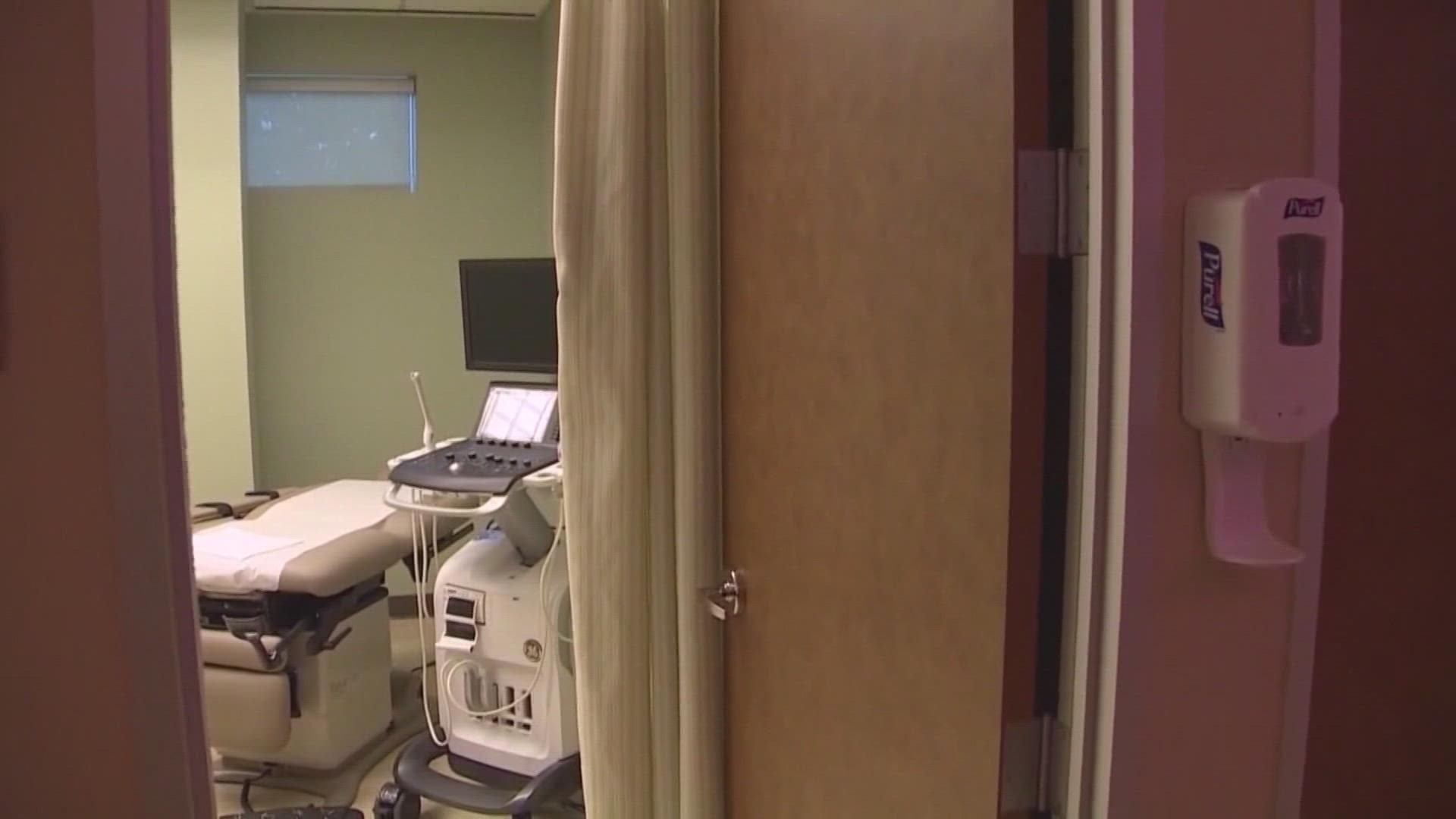NEW ORLEANS — As soon as Friday, a Louisiana judge could allow the state to implement one of the strictest abortion bans in the U.S. If the laws take effect, health experts say there could be big problems for teens who get pregnant.
While Pro-Life advocates say there are other resources young women could access.
Dr. Patricia Kissinger from Tulane University's School of Public Health and Tropical Medicine says Louisiana ranks seventh in the country for teen pregnancy. However, she says with no access to abortion those numbers could rise. Along with higher rates of childhood poverty, and decreasing number of women in the workplace.
"The medical issues and the social issues it causes is really problematic," Dr. Kissinger said.
According to Dr. Kissinger, in Louisiana 82% of teen pregnancies are unintended, with 24% of them ending in legal abortion. She says teens are more likely to have premature babies and 50% less likely to graduate from high school. She says teen moms and their babies are at greater risk of dying.
"They'll be much more maternal mortality," Dr. Kissinger said.
"These are children who are going to be less likely to survive. And if they do survive the medical costs are going to be enormous."
Sarah Zagorski from Louisiana Right to Life says the option of adoption will be discussed in schools. "We have over 35 pregnancy centers, that help women not just when they're pregnant with their baby but they help them afterward. They help with parenting classes… to get them to the right social service they might need," Zagorski said.
"Actually passed a bill expanded the requirements for adoption education in the public high school setting… so that they know about the adoption option when they face a pregnancy, whether it's an adolescent pregnancy or later in their life pregnancy," Zagorski said.
"The teen mum gives up the child, there will be psychological issues that will go on."
Zagorski says more funding was allocated to help pregnant women but Dr. Kissinger says it's not enough.
"We secured almost $2 million to help women that are in that specific situation, so there will be more resources available," Zagorski said.
"They're providing resources for the birth, when the woman is pregnant, then when the baby comes out, the resources go away," Dr. Kissinger said.

